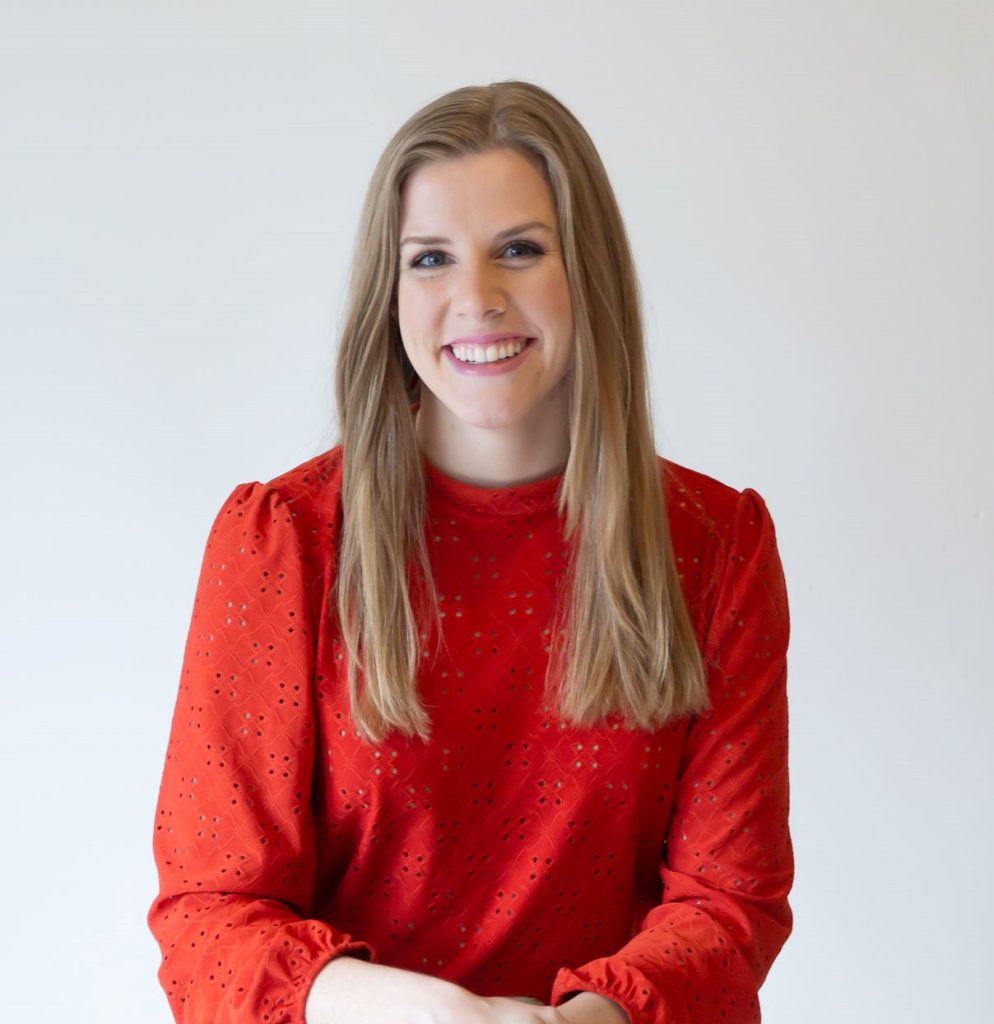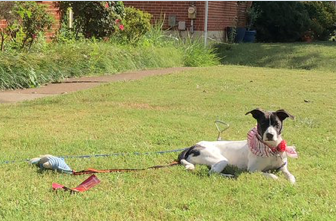As the 61st Annual Meeting of the Psychonomic Society swiftly approaches, our Digital Content Team and Twitternomes are beyond excited! This year’s conference boasts a record-breaking eight symposia and a host of poster presentations that are sure to engage a wide variety of research interests.
Here to help disseminate the research, the Twitternomes will provide up-to-date posting on the happenings of the conference in real-time (follow us @Psychonomic_Soc and use the hashtag #psynom20. You don’t want to miss out!). Last week for our interview series, “Inside the Scientist’s Lab,” we introduced you all to our Twitternome, Enes Avcu, a postdoctoral researcher at Massachusetts General Hospital / Harvard Medical School. Enes will provide coverage of linguistic and language-related science and anything else that tickles his fancy.
In continuation of our interview series, this week, we present our second Twitternome interview with Anna Wright, pictured below (follow Anna on Twitter @louizee_anna). Anna is a third-year PhD student at Vanderbilt University, Peabody College, working with Dan Levin and Sarah Brown-Schmidt. Anna’s research explores visual attention in applied contexts, such as in instructional videos, food and reward settings. We are expecting some great coverage of vision, memory, and attention-related science from her at this year’s conference!

Without further ado, we present our interview with Anna Wright.
How has your work life changed as a result of the pandemic?
My work life has been anything but linear as a result of the pandemic. There have been periods of time, lasting anywhere from one day to one month, where I have struggled to do anything beyond getting out of bed or changing out of the clothes I slept in. There have also been periods of time where I have settled into a rhythm and been more productive than I have ever been. Overall, it’s been incredibly challenging and exhausting, but it has also pushed me as a researcher to persevere.
Has the pandemic caused you to rethink your career path?
The pandemic has not necessarily caused me to rethink my career path, but it has definitely caused me to think about my research path. When doing the simplest of things, such as getting out of bed, are difficult, you tend to seek joy and fulfillment in the smallest things. For me, I realized that my area of research was no longer bringing me joy or fulfillment, which made it even more difficult to be productive. However, with this realization came the thought that I don’t have to stay where I am and that I can change my research interests to reflect what brings me joy.
Has anything beneficial come out of the pandemic for you? Either for your research or personal life, or both?
While this pandemic has been incredibly difficult, it has brought some positive things to my life. As stated previously, it has caused me to switch my research interests to topics that I am more passionate about. In terms of my personal life, it has also brought me the two loves of my life, my girlfriend, and my dog (the latter of which is sometimes a pain in my life).

I have also gotten more involved in Academic Twitter (@louizee_anna) … it is pretty great!

What inspired you to get involved with the Psychonomic Society and serve as a Twitternome?
My friend and fellow graduate student in the department, Raunak Pillai, inspired me to get involved with serving as a Twitternome. He told me about it during the last annual meeting, and I was able to get on board that same day!
What about the Annual Meeting are you most looking forward to?
I am most looking forward to getting more exposure to various research topics. As stated previously, I am in the process of switching focus a bit. I am looking forward to being inspired by others’ research and using that inspiration to move forward into this new chapter of my research.
Are you presenting at the Annual Meeting? If so, what’s the topic? What day and time?
I am! My poster is on the impact of an instructor gaze cue on eye movements learning, preference, and cognitive load in the context of screen-captured instructional videos.
I am presenting on the 20th of November from 4-6 PM.
Here’s the abstract:
Characterizing the Impact of a Dynamic Attentional Cue: The Effect of Author Gaze on Eye Movements and Learning. ANNA WRIGHT, DANIEL LEVIN, JORGE SALAS, and KELLY CARTER, Vanderbilt University
Recent research has tested whether author gaze is an effective dynamic attentional cue. More specifically, Eye Movement Modeling Examples (EMMEs) are being investigated for their ability to improve learning. However, the effects of EMMEs are variable, and the degree to which viewers follow these cues remains unclear. In the current paper, we compared screen-capture instructional videos that depicted author gaze as a moving circular overlay with identical videos that lacked this cue. We observed that EMMEs drove viewer saccades to cued locations and resulted in shorter distances between author and participant gaze, but they did not affect viewer fixation durations, saccade amplitudes, or learning. Also, viewers reported small but significant increases in cognitive load and borderline- significant reductions in preference for EMME videos. We argue that EMMEs can be an effective means of guiding viewer attention, but the range of circumstances under which they improve learning remains unclear.
